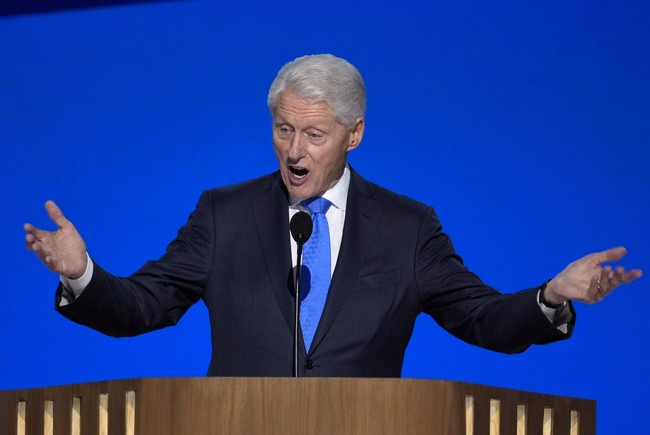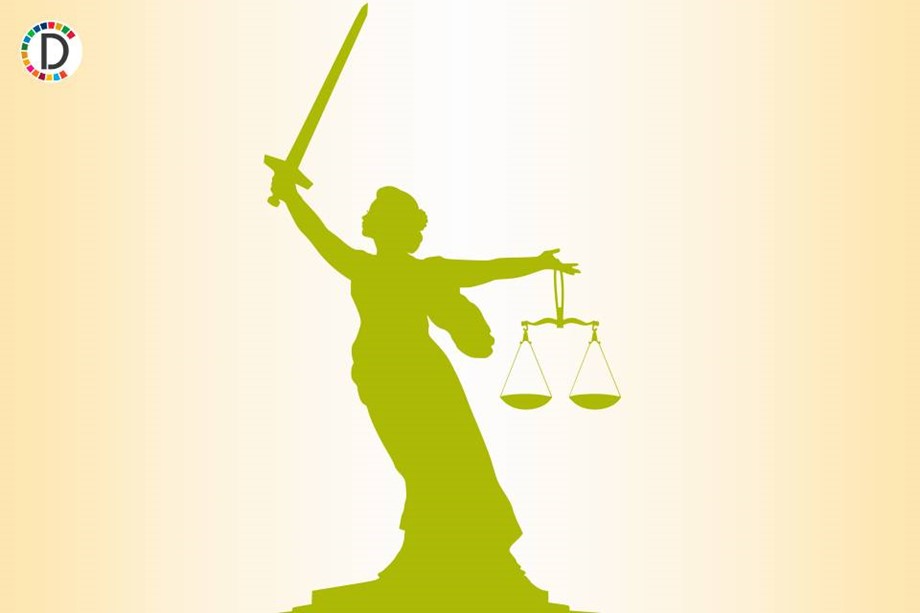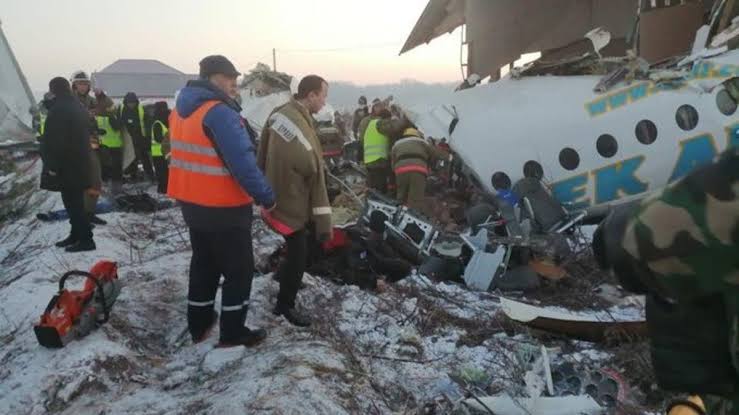South Korea's Turbulent Political Crisis Unfolds
Explore the dramatic series of events in South Korea as President Yoon faces political turmoil after attempting to impose martial law. The unfolding crisis reveals deep-seated tensions and international concern.
Published December 07, 2024 - 00:12am
Image recovered from moneydj.com
South Korea has recently been engulfed in a political turmoil following President Yoon Suk Yeol's unexpected declaration of martial law. This drastic measure took the nation by surprise and quickly spiraled into a significant political crisis. The decision, made by Yoon on December 3, 2023, drew immediate international attention and domestic uproar.
The declaration was aimed at combatting what Yoon described as 'anti-state forces'. The President asserted that opposition forces posed a threat to national stability, citing challenges from North Korea and describing the domestic opposition as obstructive. However, this assertive move was met with swift parliamentary opposition, culminating in a resolution calling for the annulment of martial law.
The national assembly demonstrated its disapproval unanimously, with 190 out of 300 members voting against the decree. While Yoon rescinded his declaration within hours, the initial move created unrest not only within the country but also among international observers. Prominent countries like the United States, United Kingdom, and China expressed concerns, highlighting the broader implications of such a political crisis in South Korea.
In the days following these events, the South Korean political landscape continued to unravel. The ruling People Power Party (PPP), initially standing by Yoon, began experiencing internal dissent. Party leader Han Dong-hoon openly called for Yoon's suspension, citing credible evidence that the president intended to arrest political figures. This statement indicated a significant shift within the party, reflecting internal disagreements about the President's approach to governance.
Moreover, the opposition parties capitalized on Yoon's controversial decision to expedite a motion of impeachment. Scheduled for a parliamentary vote, the motion underscored the deep divisions in South Korean politics. Achieving impeachment would not only suspend Yoon but possibly lead to early elections, reminiscent of the political chaos following President Park Geun-hye's impeachment in 2016.
Beyond the domestic challenges, Yoon's actions stirred memories of South Korea's historical experiences with authoritarian rule. The imposition of martial law evoked past military regimes, raising fear and condemnation both within and outside the country. The decision was characterized by rushed military deployment around the national assembly, with reports of blocked parliamentary access adding to the dissatisfaction among legislators and civilians.
The aftermath has seen a comprehensive investigation into the President's actions, involving both national police and military prosecutors. Yoon, along with other high-ranking officials, faces accusations of treason linked to the martial law declaration. This investigation is crucial for understanding the decision-making process that led to such an extreme measure.
This political crisis has undoubtedly impacted President Yoon's standing among the populace, with his approval ratings plummeting to new lows. Many South Koreans viewed his actions as reckless, jeopardizing their confidence in his leadership. The entire episode has thrown South Korea into political uncertainty, challenging both the ruling and opposition parties to navigate through the crisis while maintaining stability and democratic integrity.
As the situation continues to develop, there remains an air of apprehension over the future leadership of South Korea. The circumstances highlight the fragility of political structures and the importance of a balanced approach to governance amidst internal and external pressures. Observers both within and outside South Korea remain vigilant, watching how this crisis will unfold and its implications for regional stability.








